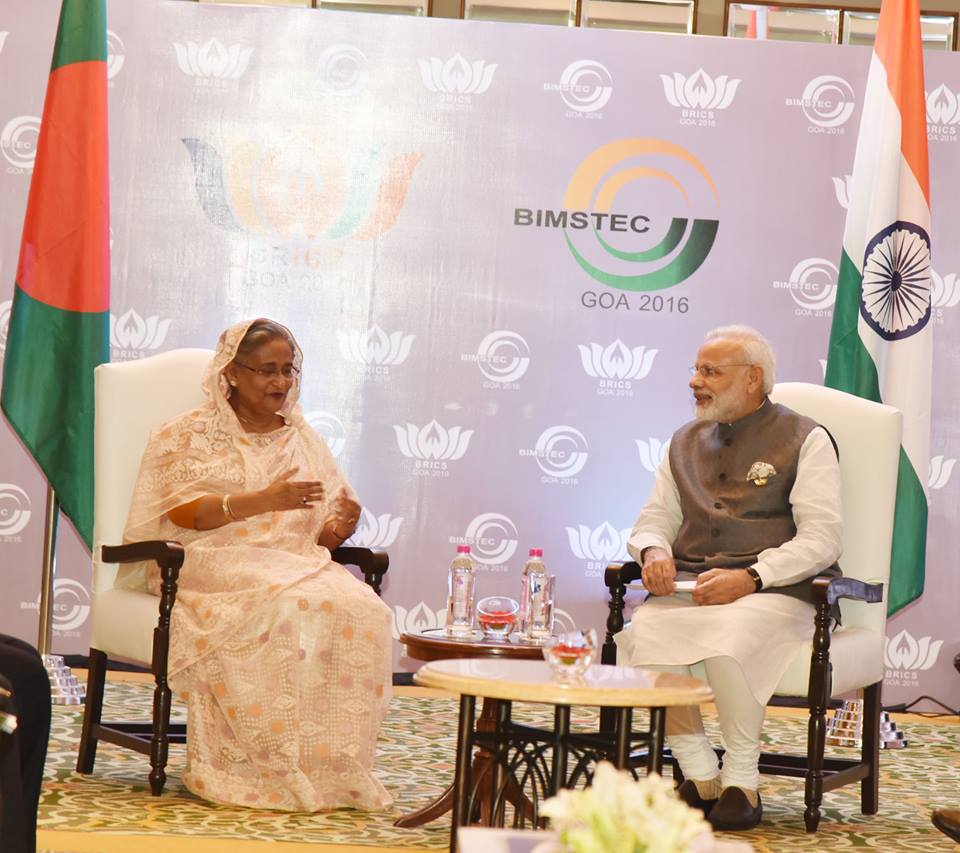India Bangladesh relations
India Bangladesh relations have historically been marked by strong diplomatic and economic ties, with both nations sharing deep cultural and historical connections. However, the bilateral relationship between the two neighbors is currently facing a range of challenges, from political turbulence in Bangladesh to environmental concerns and visa issues. These complexities underscore the evolving nature of their partnership and the need for nuanced diplomacy to navigate the future.
Political Turbulence and Its Impact
In recent months, the political landscape in Bangladesh has undergone significant upheaval, leading to increased tensions in India Bangladesh relations. The overthrow of Bangladeshi Prime Minister Sheikh Hasina in August 2023, following widespread student protests and allegations of authoritarianism, has created a complex situation for India. Hasina, a long-time ally of New Delhi, fled to India, where she is believed to be residing in New Delhi. This move has sparked demands from the Bangladeshi opposition for her extradition to face trial for alleged human rights violations during her tenure.
India’s close association with Hasina has drawn criticism from various quarters within Bangladesh, where anti-India sentiments have been on the rise. The opposition Bangladesh Nationalist Party (BNP) and other political factions have accused India of propping up Hasina’s regime, which they claim was marred by electoral fraud and suppression of dissent. This growing discontent is likely to strain India Bangladesh relations further as the new caretaker government, led by Nobel laureate Mohammed Yunus, seeks to distance itself from Hasina’s legacy.
Environmental Concerns: Floods and Water Management
Environmental issues have also emerged as a significant factor affecting India Bangladesh relations. In August 2023, severe flooding in Bangladesh displaced over a million people and caused widespread devastation across 11 districts. While heavy monsoon rains were the primary cause of the floods, rumors circulated on social media that India had exacerbated the situation by releasing water from the Dumbur Dam in Tripura, which flows into Bangladesh’s Gumti River.
The Indian government has denied these allegations, stating that the dam’s water release was an automatic response to elevated levels due to excessive rainfall. However, the lack of prior warning to Bangladesh about the release has fueled mistrust and resentment. Bangladesh has long sought a more equitable water-sharing agreement with India, particularly regarding the 54 transboundary rivers that flow between the two countries. The unresolved issue of water management continues to be a point of contention in India Bangladesh relations.
Visa Issues and Public Discontent
Another significant issue affecting “India Bangladesh relations” is the ongoing visa crisis. Following Hasina’s overthrow, India scaled back its diplomatic presence in Dhaka, leading to delays in processing visa applications. This has sparked protests in Bangladesh, with frustrated citizens demanding the return of their passports and expedited visa processing.
India has been a popular destination for Bangladeshi citizens seeking medical treatment, education, and tourism, with over 1.6 million Bangladeshis visiting India in 2023 alone. The visa delays have disrupted these essential services, further straining India Bangladesh relations. The protests reflect broader discontent with India’s perceived role in Bangladesh’s political turmoil and its handling of bilateral issues.
The Role of India in Bangladesh’s Internal Affairs
India’s involvement in Bangladesh’s internal affairs has been a double-edged sword in India Bangladesh relations. On one hand, India played a crucial role in supporting Bangladesh’s independence in 1971 and has since been a key ally in economic and security matters. On the other hand, India’s perceived support for Hasina’s government, despite allegations of electoral fraud and human rights abuses, has led to growing resentment among the Bangladeshi populace.
This resentment has manifested in anti-India sentiments, which are now being exploited by political parties in Bangladesh to gain popular support. The challenge for India is to recalibrate its approach to Bangladesh, recognizing the changing political dynamics while continuing to safeguard its strategic interests.
Looking Ahead: The Future of India Bangladesh Relations
As Bangladesh enters a new political era, India Bangladesh relations will require careful management to avoid further deterioration. India’s support for Sheikh Hasina, while beneficial in the short term, has complicated its standing in Bangladesh’s evolving political landscape. The new caretaker government under Mohammed Yunus represents an opportunity for India to reset its relationship with Bangladesh, focusing on shared interests such as economic cooperation, security, and environmental sustainability.
Water management, in particular, is an area where both nations can benefit from increased collaboration. Establishing a more transparent and equitable framework for water sharing could help build trust and mitigate the risk of future environmental disputes. Similarly, addressing the visa issue and ensuring the smooth flow of people between the two countries will be crucial for maintaining positive public perceptions of India Bangladesh relation.
Conclusion
India Bangladesh relations are at a crossroads, with both challenges and opportunities on the horizon. The political changes in Bangladesh, coupled with environmental concerns and public discontent, have added layers of complexity to this historically strong partnership. Moving forward, both nations will need to engage in constructive dialogue, address contentious issues, and work towards a relationship that is resilient, equitable, and mutually beneficial. As the geopolitical landscape in South Asia continues to evolve, the future of India Bangladesh relations will depend on the ability of both countries to adapt and collaborate in the face of new challenges.

